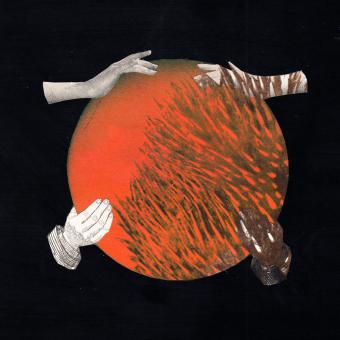
It is difficult to envision the sheer quantity of pearls dredged up from the New World by sixteenth-century colonists. An average of a 1,000 pounds of pearl per year in tax revenue alone. The social, political, and ecological challenges of producing such richness is the subject of a fascinating book by historian Molly Warsh reviewed here.






